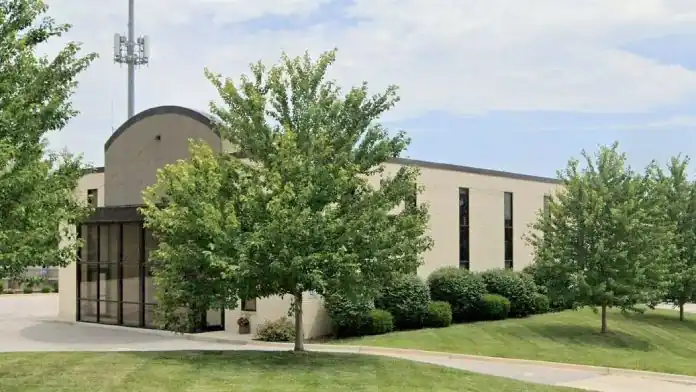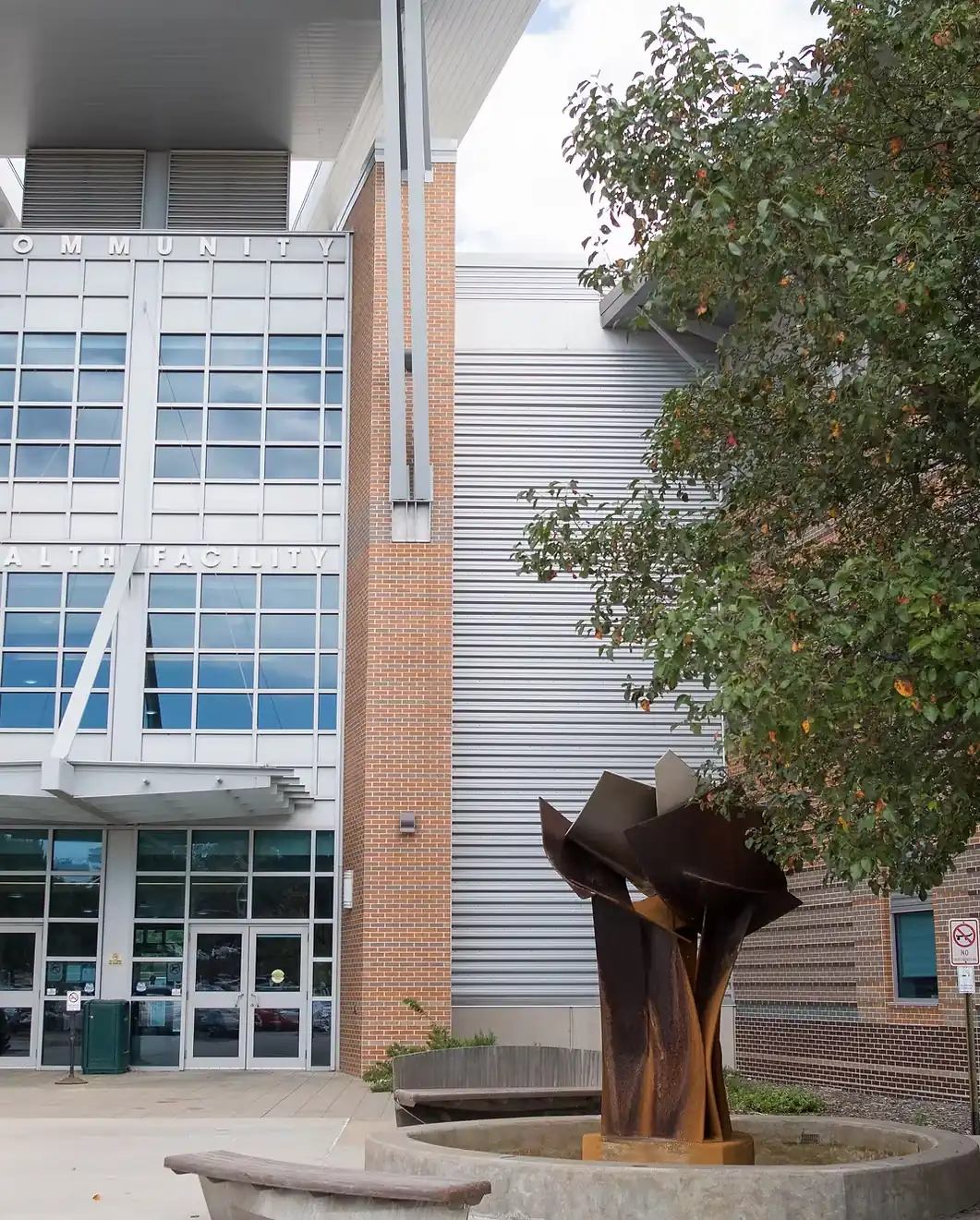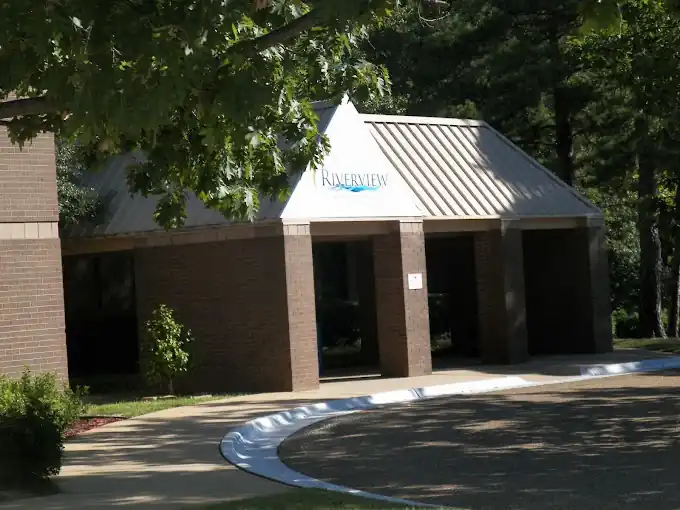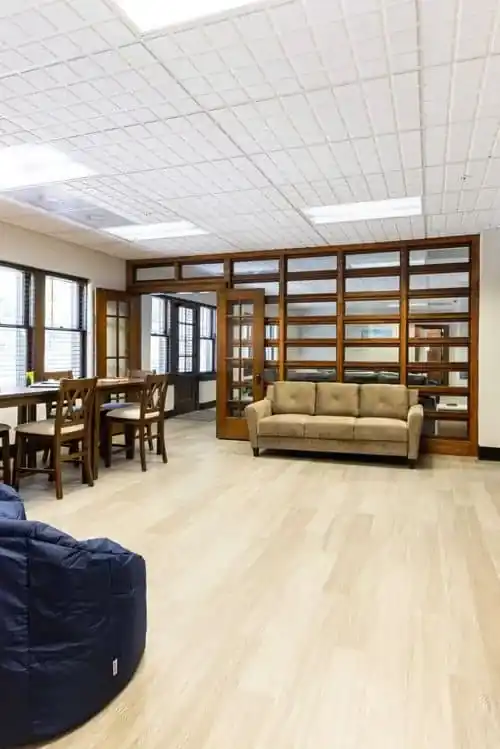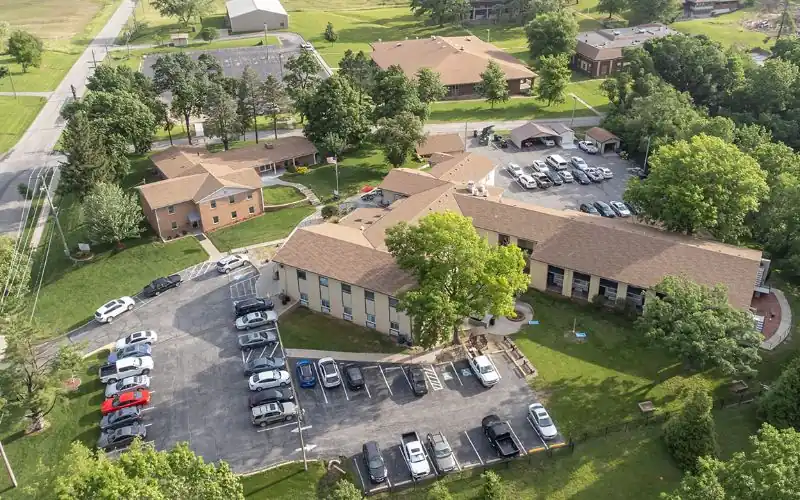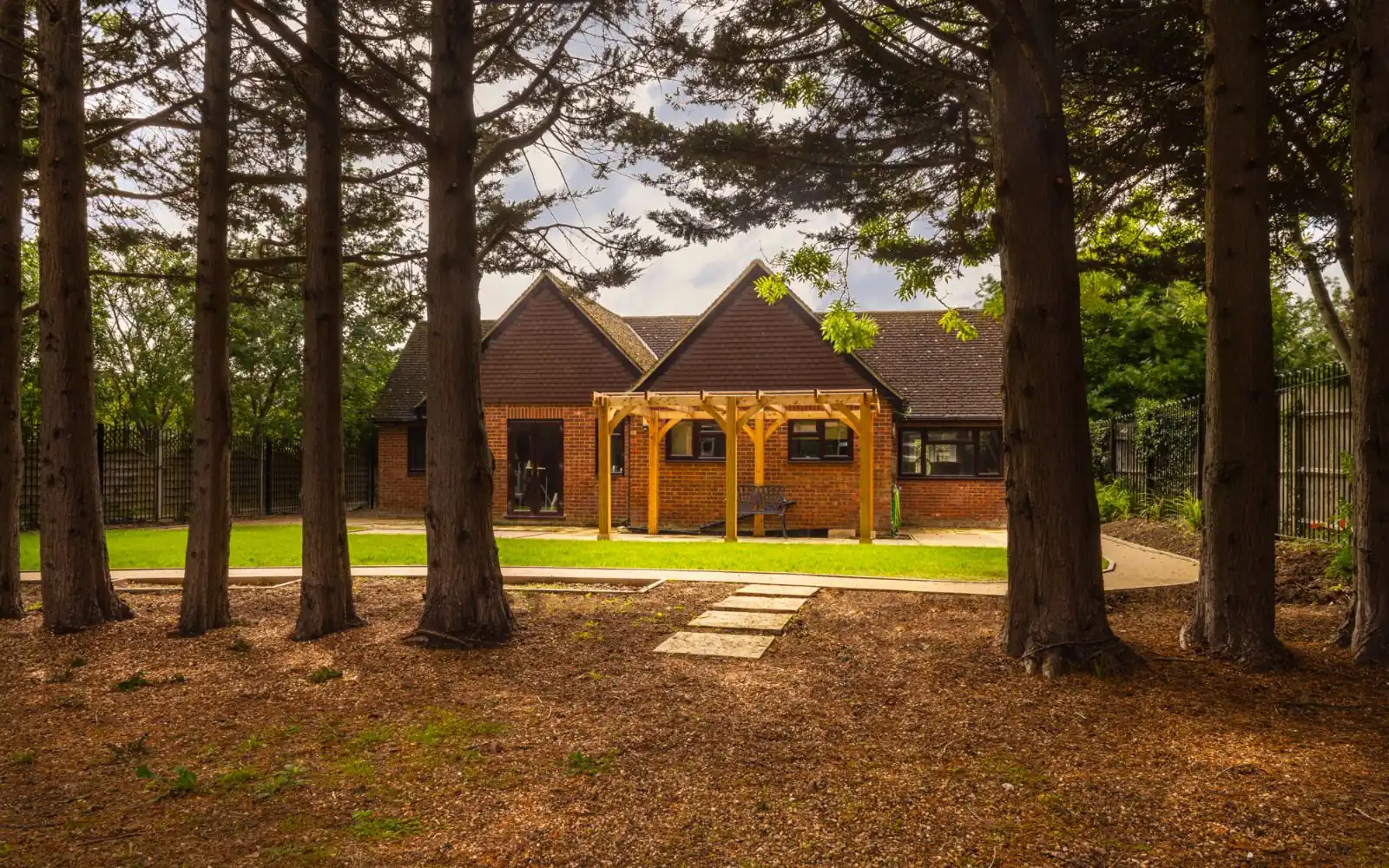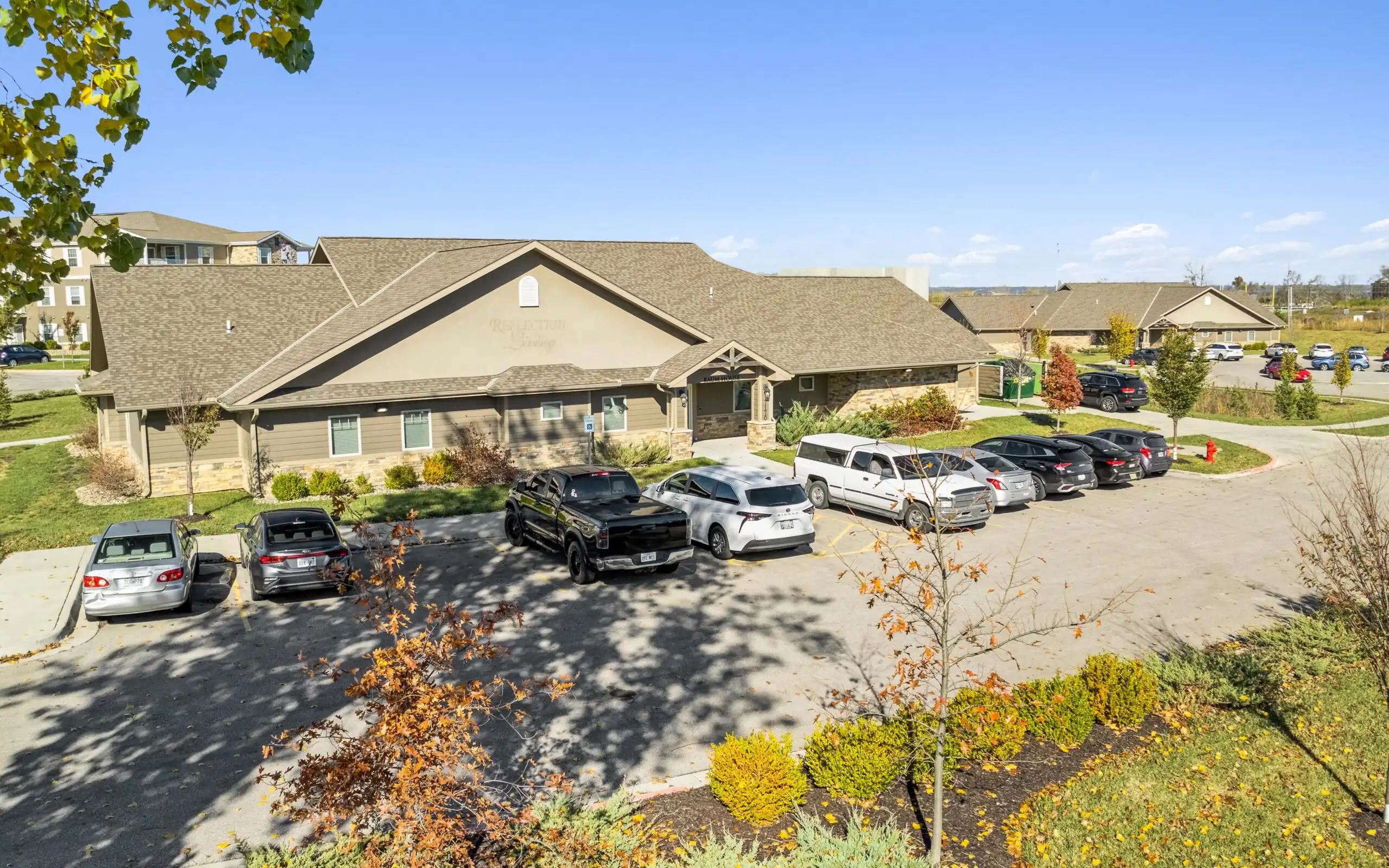Addiction Treatment & Recovery Centers in Kansas
Looking for trusted addiction treatment in Kansas? The state is home to a wide range of rehab centers offering care for alcohol, prescription drugs, and illicit substance use. From medical detox and residential rehab to intensive outpatient programs and sober living, Kansas treatment facilities provide multiple levels of support to help individuals achieve long-term recovery.
Many Kansas rehabs also specialize in dual diagnosis treatment, addressing both substance use disorders and mental health conditions like anxiety, depression, or PTSD. With accredited staff, evidence-based therapies, and insurance-friendly options, you can find a program tailored to your needs—whether you live in Wichita, Topeka, Kansas City, or a rural community.

